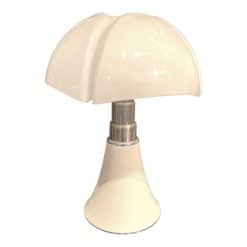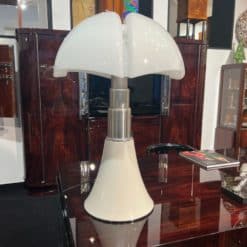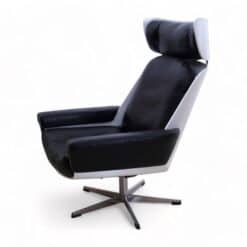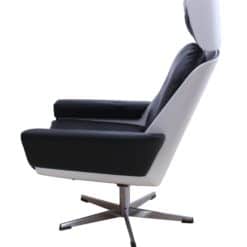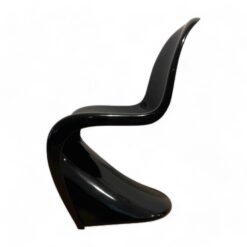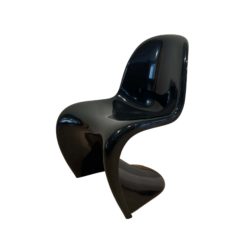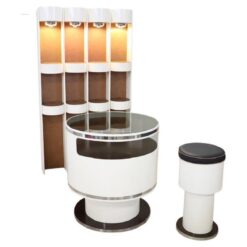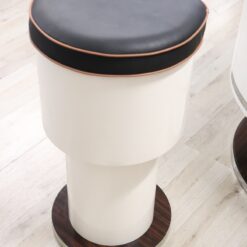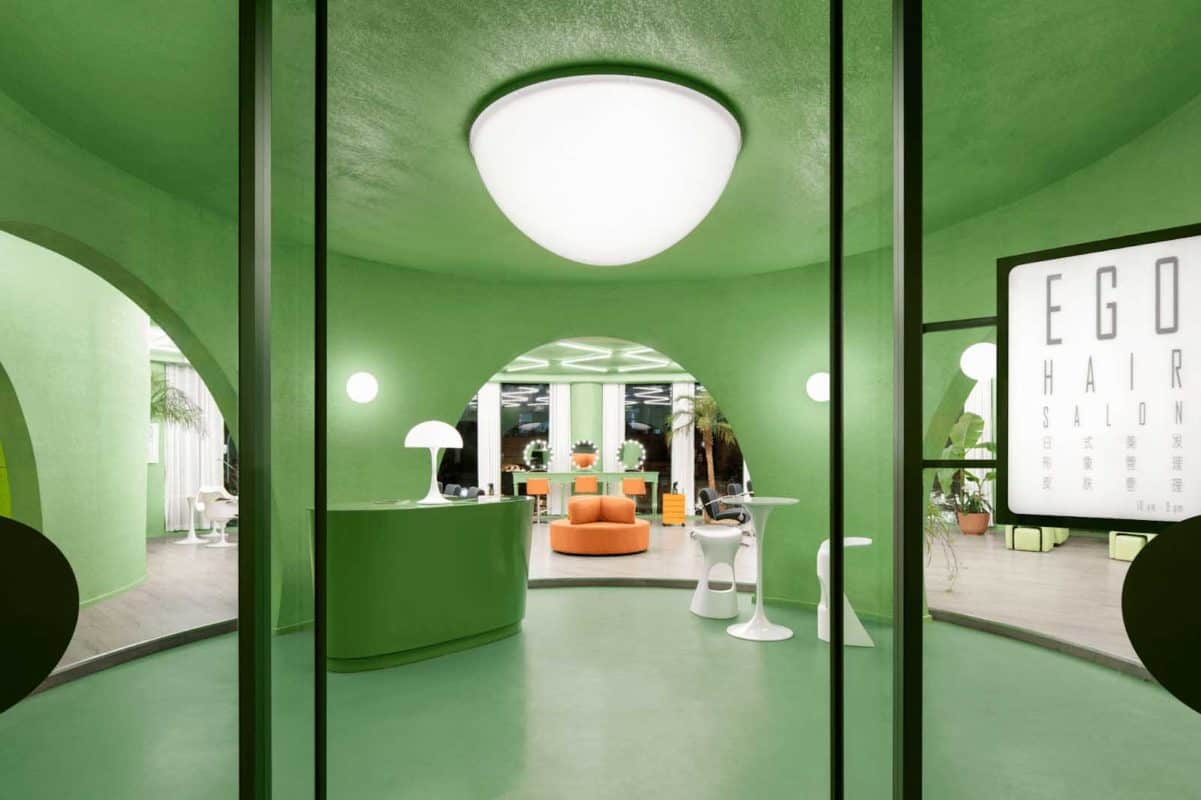Best Sellers
The so-called “Space Age” is a period of the 20th century marked by a cultural interest in scientific innovation. Coming out of the Second World War, the Atomic age, marked by rising tension between the United States and the Soviet Union, established scientific supremacy as a cultural goal. The launch of Sputnik, human space travel, and the moon landing became global obsessions. Naturally, those obsessions translated into a design style.
Technological innovations and aesthetics associated with NASA and space travel found their way into furniture design and pop culture around the world. Designers across mediums implemented new materials in their work. Plastics, for instance, became increasingly accessible and popular. In this blog post, we want to explore the impact of the Space Age on late 20th-century furniture design and aesthetics.
Mid-Century or Space Age Furniture?
Space Age design is a mid-20th-century invention and thus coincides significantly with the larger Mid-Century movement. Mid-Century Modern design features clean lines, simple shapes, brighter colors, and new materials – all of which feature in Space Age style as well. As such, the two styles are heavily interconnected.

In Space Age media, such as the 1968 cinematic masterpiece 2001: A Space Odyssey, mid-century furniture is incorporated into the science fiction sets and space crafts. At the hand of that kind of cutting-edge set design, we can come to understand how the larger priorities of mid-century aesthetics worked hand-in-hand with the scientific futurism of Space Age design.
We can see the clear influence of Space Age furniture in this Mid-Century Modern Curved Side Table, for instance. The brushed stainless steel and curved lines on this piece make for a spectacular centerpiece in a living room. Not unlike something by Italian Designer Studio Davico circa 1970, the inventive lines on this table are undeniably unique.
Space Age Seating: Not Just on Rocket Ships
While NASA was training astronauts in the pilot seat on rocket ships, designers took those images and ideas and turned them into consumable art. There are many Space Age chair designs that you’ll recognize. The Panton chair, for instance, has remained a staple around the modern dining table.
Using new techniques and developing shapes out of foam, clay, upholstery, and wire, designers across the globe altered expectations for seating. The influence of all these creators can be seen in many chairs designed in the years to follow.
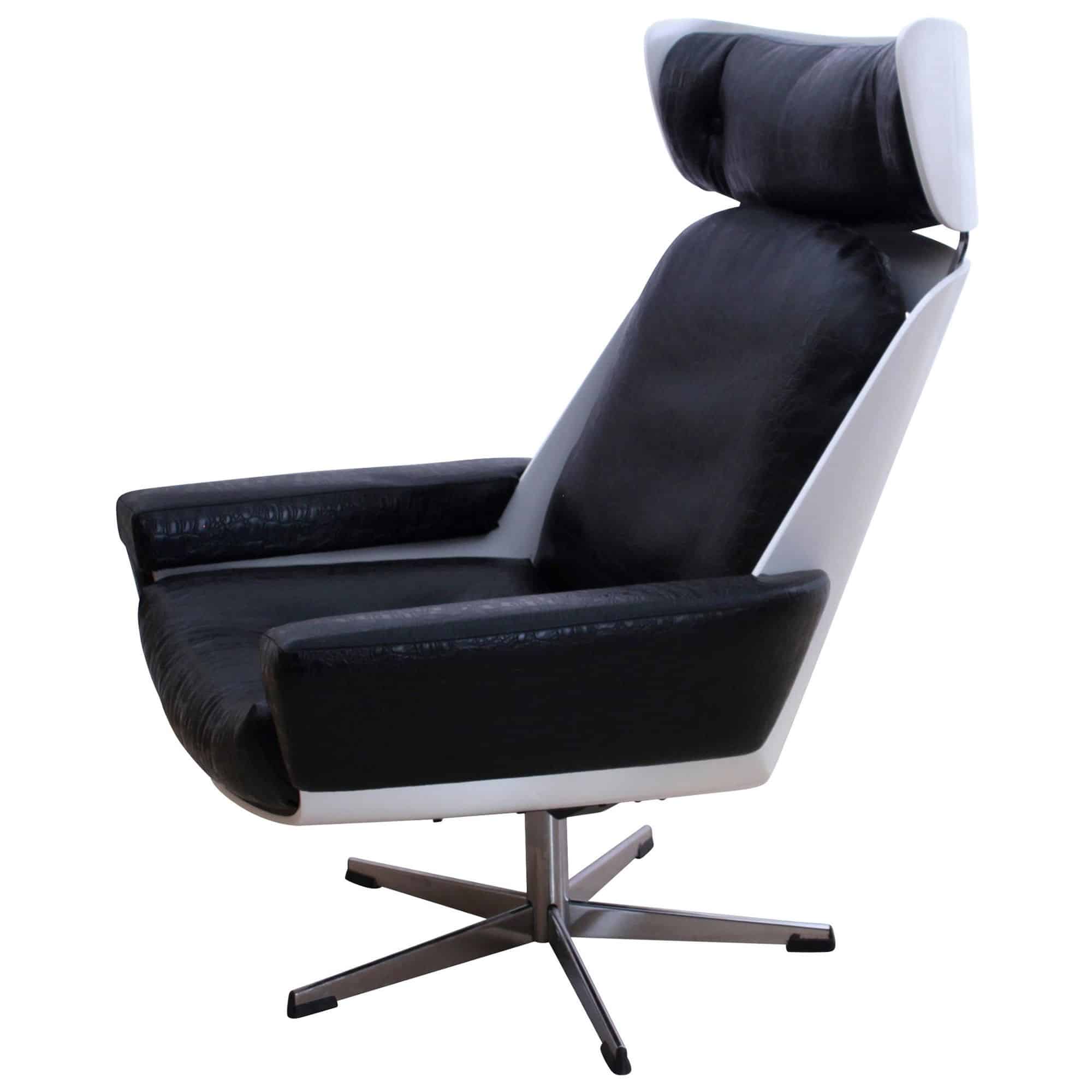
This Space Age Lounge Chair from the 1970’s features a white lacquer and black leather upholstery. With some clear stylistic influence from Germany, this chair includes cut-outs in black, and a central metal swivel base. Both then and now, one can imagine the luxurious feel of this cushioned lounge chair in many environments.
You’ve likely seen something inspired by the iconic Finnish Ball Chair designed by Eero Aarnio in 1963. The curved molded fiberglass, womb-like bubble chair gained notoriety and praise quickly, lauded for innovative comfort. Danish designer Arne Jacobson also broke design conventions with his 1958 creations; crafting both the Swan Chair and the Egg Chair for a commission by the SAS Hotel in Copenhagen.
International Impact
Many international designers made their mark on furniture in the early 1970s, influenced by our changing world. As mentioned above, Italian designers, especially, contributed significantly to the Space Age aesthetic. But many a German, Japanese, and French designer also made their mark.
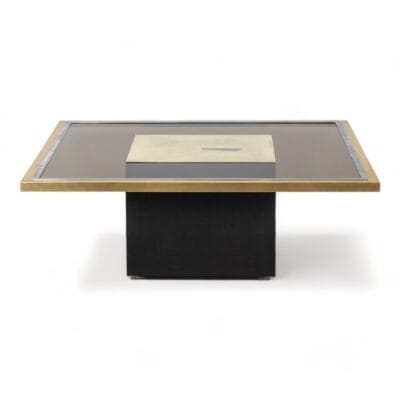
Consider Afra and Tobia Scarpa, award-winning Italian designers with an impressive list of clients and worldwide museum features. On their Mid-Century Italian Coffee Tables, we find a heavy chrome-plated flat steel frame sitting beneath a thick slab of glass. You can delight guests with this paired alongside a modern piece, like this Custom Boucle Sofa.
A Bright Future: Space Age Lamps
Innovations in lighting were at the core of many Space Age furniture designs. Perhaps that had something to do with a reconsideration of our place in the world. anything could be a light source in the infinite darkness of outer space.
In the 1960s, fascination with the moon was at an all-time high. Bulbous wall lamps recalled the globes of objects in space. Aesthetic preferences at this time intersected with the introduction of LED lighting solutions, introduced into the worldwide market for the first time in the 1960s. Not only did people begin looking to space for inspiration, but they felt the glow of the future like never before.
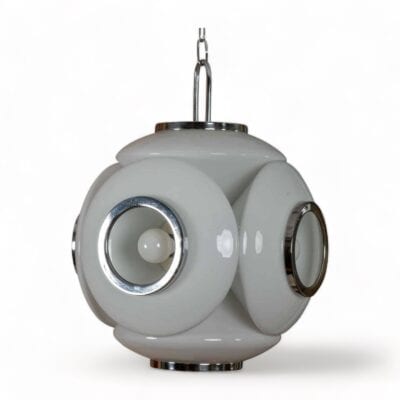
Consider this beautiful Suspension Lamp in Chromed Metal and White Glass. This specific piece could be related to the iconic Eclisse Lamp designed by Vico Magistretti in 1965, still sold today and featured in permanent collections at the MET and in Milan.
Chrome is Here to Stay
A significant throughline of Space Age design is the presence of chrome. Already a feature of Bauhaus designs earlier in the century, the industrial charm of shiny metal took on a futuristic aura.
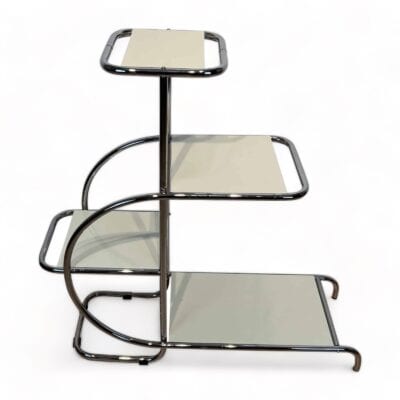
Apartments and homes have featured chrome as our mirrored landscape grows, inspired by hopes for space exploration, towering new skyscrapers, and developments in personal technology and lighting. Chrome can be found here on this Space Age Chandelier, too! Chrome corners and a mirrored center cut-out make this table a great conversation piece.
Space Age Furniture in the 21st Century
Futuristic visions from the mid-to-late 1900s certainly feel right at home next to contemporary tastes. Technology, science, artistry, and cultural innovation all overlap in Space Age furniture; that palpable excitement is reason enough to bring a piece like this into your home today. Designs inspired by space travel feel both nostalgic and cutting-edge. After all, we are still reaching for the stars.

